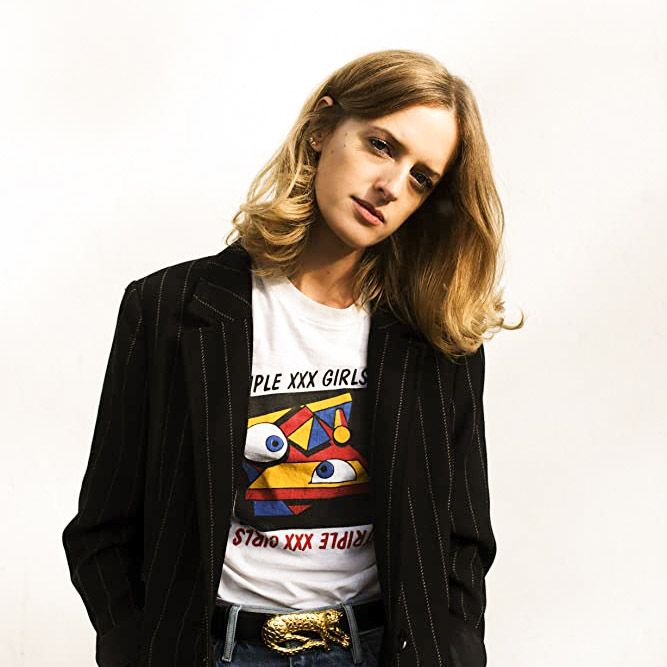Success has been double-edged for Isobel Waller-Bridge. After working for years as a composer for stage and screen, she saw her profile rise in 2016 when she worked on her sister Phoebe’s breakthrough hit, Fleabag. That was — and remains — the only time she has provided the music for something Phoebe has written and includes the mix of choir, brass and crunchy guitars that she added to Fleabag’s second series last year.
She has done other distinctive work since, not least the soundtrack for this year’s film version of Jane Austen’s Emma. We meet, pre-lockdown, in her agent’s office in a former hat factory in north London. She is publicity-shy, but keen to do her bit to help the shows she works on: in this instance the new production by the Royal Shakespeare Company (RSC) of The Winter’s Tale, which is due to be on in Stratford-upon-Avon this year. She has worked before with its director, Erica Whyman; she likes working with people who knew her when the name Waller-Bridge was not yet world-famous.

